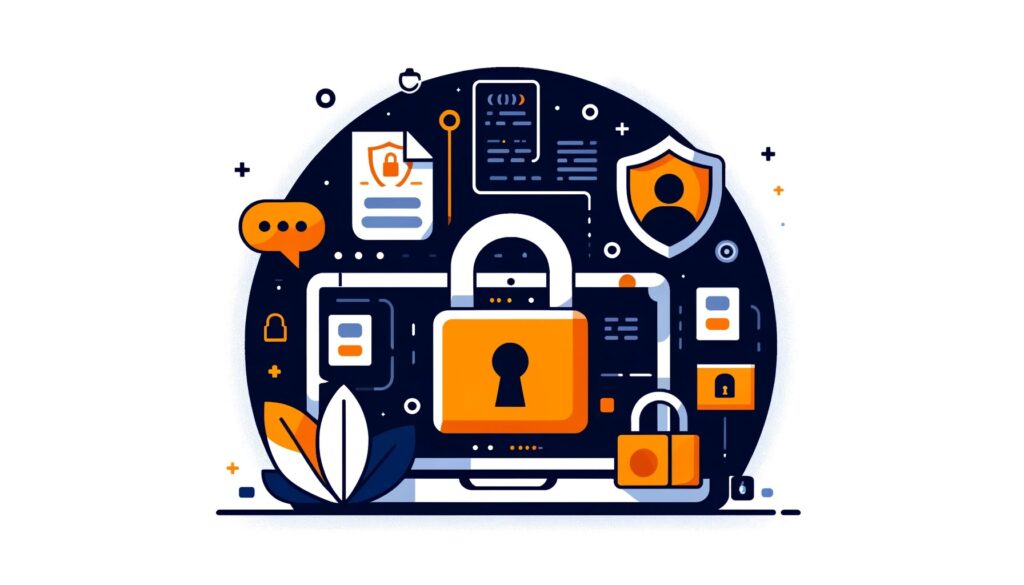Privacy protection has become a fundamental right in the information era, reflecting its crucial role in safeguarding personal freedom and autonomy amidst the growing digital landscape. In an age where data is continuously collected, analyzed, and shared, ensuring that individuals’ personal information is handled with respect and care is more important than ever. The proliferation of digital technologies, including social media platforms, smart devices, and online services, has led to unprecedented levels of data collection, often without individuals being fully aware of how their information is used or who has access to it. This vast accumulation of personal data presents significant privacy risks, making the protection of individual privacy not only a matter of personal security but also a fundamental human right.

The importance of Privacy protection is underscored by the potential consequences of data breaches and misuse. Unauthorized access to personal information can lead to various negative outcomes, including identity theft, financial loss, and reputational damage. Moreover, the extensive tracking and profiling enabled by modern technologies can infringe on personal freedoms and autonomy, as individuals may feel coerced into altering their behavior due to constant surveillance. To counter these risks, robust privacy protection measures are essential. These measures include implementing strong data security practices, such as encryption and secure storage solutions, and ensuring that data collection and processing are conducted transparently and ethically. Clear and accessible privacy policies should be established, informing individuals about what data is collected, how it is used, and the measures in place to protect it. As technological advances continue to challenge traditional notions of privacy, it becomes increasingly important to protect this essential right, recognizing its critical role in safeguarding freedom, dignity, and human flourishing in an interconnected world.
Furthermore, respecting privacy requires active measures to empower individuals to control their personal information. This includes providing options for data access, correction, and deletion, allowing individuals to manage their data preferences and exercise their rights effectively. Privacy protection is not solely the responsibility of individuals; organizations and institutions must also uphold privacy standards by adhering to legal and ethical guidelines. This includes conducting regular privacy assessments, implementing data minimization practices, and ensuring compliance with regulations designed to protect personal information. Advocacy for stronger privacy regulations and practices is crucial in promoting a culture of respect for individual privacy. By upholding these principles, society can ensure that privacy remains a fundamental right, fostering trust and confidence in the digital world while safeguarding personal freedoms in the information era.
